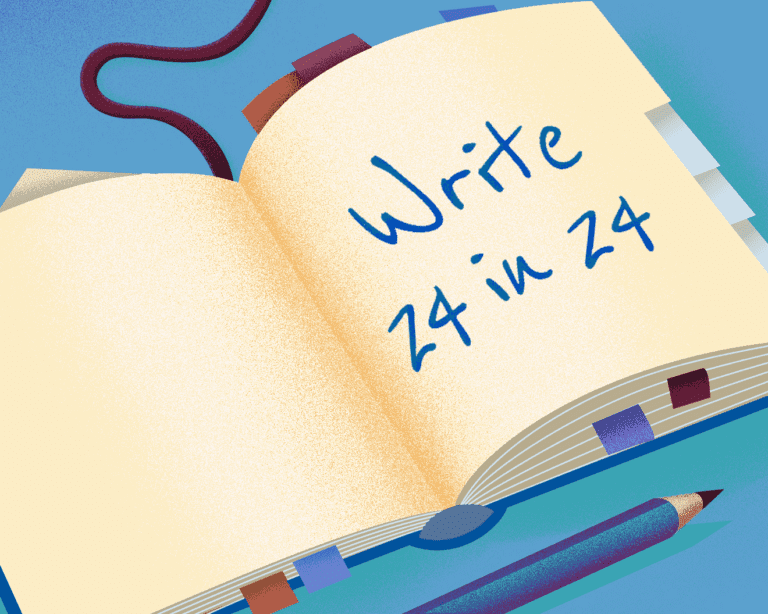It’s not easy to write a book about writing that’s also a pleasure to read. Here are my favorites:
1. William Zinsser, On Writing Well. I’ve read this book several times, and I’m due for another re-reading soon. It’s full of invaluable advice, and so beautifully written that it’s a joy to read. My favorite chapter may be “Humor,” which includes Zinsser’s example of his own magazine piece about women and their hair curlers—brilliant. I’d quote it here but you really have to read the whole thing to get the proper effect.
2. Virginia Woolf, A Writer’s Diary. I’ve read this many, many times. Virginia Woolf kept a diary for twenty-seven years, and after her death, her husband drew from those diaries to create A Writer’s Diary, which includes the entries that refer to her own writing, that comment on the books she was reading, and that touch on the scenes and ideas relevant to her work. Extraordinarily rich and powerful.
When I was writing Forty Ways to Look at Winston Churchill, which is a very unconventional biography, I thought many times of this passage:
Waste, deadness, come from the inclusion of things that don’t belong to the moment; this appalling narrative business of the realist: getting on from lunch to dinner: it is false, unreal, merely conventional. Why admit anything to literature that is not poetry–by which I mean saturated? Is that not my grudge against novelists? that they select nothing?….I want to put practically everything in: yet to saturate.
And in Happier at Home, I wrote a passage that’s a direct allusion to this haunting passage from Woolf:
What I must do is to keep control; and not be too sarcastic; and keep the right degree of freedom and reserve. But oh how easy this writing is compared with The Waves! I wonder what the degree of carat-gold is in the two books. Of course this is external: but there’s a good deal of gold–more than I’d thought–in externality. Anyhow, “what care I for my goose feather bed? I’m off to join the raggle taggle gipsies oh!”
(You can read a bit about my strange response to this passage and to the song, and you can hear the song, Raggle Taggle Gypsy, here.)
Okay I must stop, or I’ll end up quoting dozens of passages.
3. Robert Boice, How Writers Journey to Comfort and Fluency. This book is bizarrely, insanely expensive, and written very simply, but in terms of practical advice about how to get writing done, it’s very useful. I’ve been thinking a lot about it as I write my book about habit-formation, Better Than Before, because it’s all about creating habits that allow writers to be productive and creative over the long term.
4. Flannery O’Connor, The Habit of Being: Letters. Speaking of habits, how could I resist that title? Plus I’m a crazy Flannery O’Connor fan. These letters are fascinating, especially about her writing. I include one passage, from a 1957 letter, as an epigraph to a chapter in Better Than Before about the Strategy of Scheduling:
I’m a full-time believer in writing habits…You may be able to do without them if you have genius but most of us only have talent and this is simply something that has to be assisted all the time by physical and mental habits or it dries up and blows away.…Of course you have to make your habits in this conform to what you can do. I write only about two hours every day because that’s all the energy I have, but I don’t let anything interfere with those two hours, at the same time and the same place.
5. Anne Lamott, Bird By Bird. This is an encouraging, accessible account of how to keep going as a writer. I love the story from which the book gets its title:
Thirty years ago my older brother, who was ten years old at the time, was trying to get a report on birds written that he’d had three months to write, which was due the next day. We were out at our family cabin in Bolinas, and he was at the kitchen table close to tears, surrounded by binder paper and pencils and unopened books on birds, immobilized by the hugeness of the task ahead. Then my father sat down beside him, put his arm around my brother’s shoulder, and said, “Bird by bird, buddy. Just take it bird by bird.”
How about you? What are your favorite books about writing?




